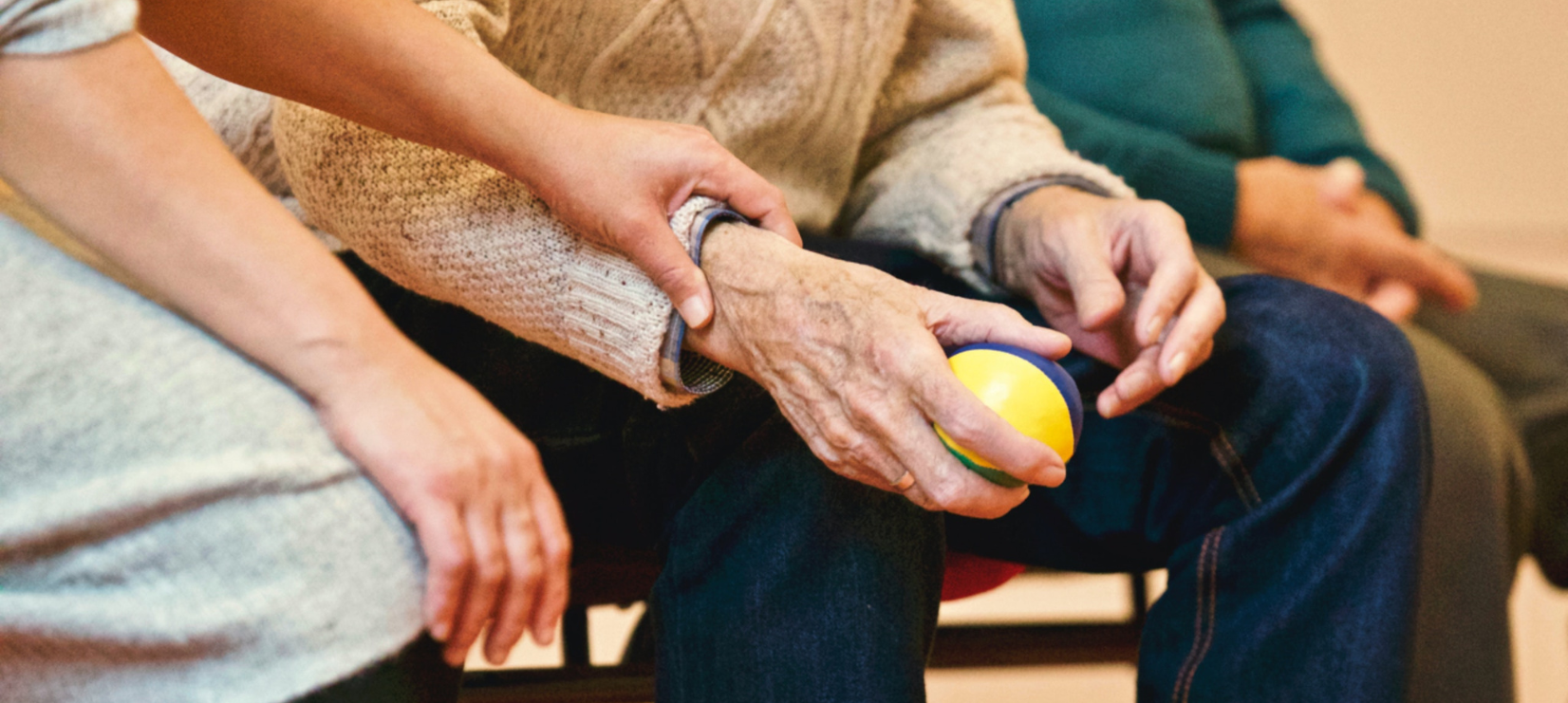Elder abuse is an important public health problem. One in 10 Americans 60 and older have experienced some form of elder abuse. Many more cases are suspected—one study estimates that only one in 14 cases are ever officially reported.
Each of us has an obligation to report abuse when it occurs. Pennsylvania has developed several agencies to provide critical oversight in nursing homes and other care facilities.
However, state resources are limited, so it’s up to us to look for warning signs and physical symptoms.
Learn how to report nursing home abuse in Pennsylvania from the elder abuse lawyers at Hagelgans & Veronis, below.
Here’s What to Look For
Elder abuse goes unreported for several reasons: the victim may fear the abuser or the victim may lack the ability to communicate the abuse effectively. In some cases, victims may not be aware of misconduct.
For these reasons, it’s important to pay attention to warning signs and physical symptoms.
Moreover, elder abuse covers a range of abusive behaviors including physical, sexual, psychological, and emotional abuse; financial and material abuse; abandonment, and neglect.
Common Warning Signs
Warning signs may not come from the victim directly. In fact, warning signs may appear before abuse occurs.
There are online directories with archived reporting on nursing care facilities in Pennsylvania. There are other tools available to compare Medicare and Medicaid-certified nursing homes as well.
Things to consider as you investigate different facilities might include:
- Resident to caregiver ratio
- Types of medical treatments available
- Staff turnover
- Security features
- Recreational space/activities
Before you choose a nursing home facility, it’s best to review local reports and other information to ensure safety and comfort for your loved one.
If abuse does occur, other red flags may become apparent such as:
- Unexplained withdrawal from normal activities
- Change in appetite
- Unusual depression
- Sudden weight loss
- Difficulty sleeping
- Sudden or unusual withdrawals from any account
Physical Symptoms
Physical symptoms are easier to detect, but often signal more aggressive forms of abuse. Things to look out for might include:
- Bruises
- Pressure marks
- Fractures (broken bones)
- Abrasions
- Bed sores
Lastly, if a victim comes forward to speak up about abuse, don’t immediately write it off as false. Seniors, especially those suffering dementia and other neurological disorders, should be taken seriously when they raise concerns.
Moreover, family members are not meant to investigate claims of abuse on their own or without guidance. There are abundant resources available in Pennsylvania to aid victims and their families if an incident occurs.
Here’s Who to Call
Pennsylvania’s Department of Aging oversees several senior-focused services including protective services.
Area Agencies on Aging are available in every county and offer local support for those in need of immediate assistance.
Elder abuse in Pennsylvania can be reported 24 hours a day by calling 1-800-490-8505.
Reports can be kept anonymous and have legal protection from retaliation, discrimination, civil or criminal prosecution.
Pennsylvania’s ombudsman program investigates potential abuse cases and works to resolve complaints on behalf of those living in long-term care facilities or receiving care in assisted living facilities or at home.
Do You Need an Elder Abuse Lawyer?
Elder abuse lawyers are advocates for the elderly and their family members. While abusers may be criminally prosecuted, the civil justice system provides victims and their family another avenue to recovery.
Nursing homes, caretakers, and other parties could be held liable for things like failing to provide adequate care, neglect, inflicting physical, sexual, or emotional harm, medication errors, and financial fraud.
Compensation is available to victims who have suffered injury or loss as the result of another’s negligence or abusive behavior.
Compensation may be available for things like medical bills, pain and suffering, and mental anguish.
Is your loved one living in a nursing home? Stay apprised of legal news that impacts our seniors. Follow Hagelgans & Veronis on Twitter, or ‘like’ us on Facebook.








